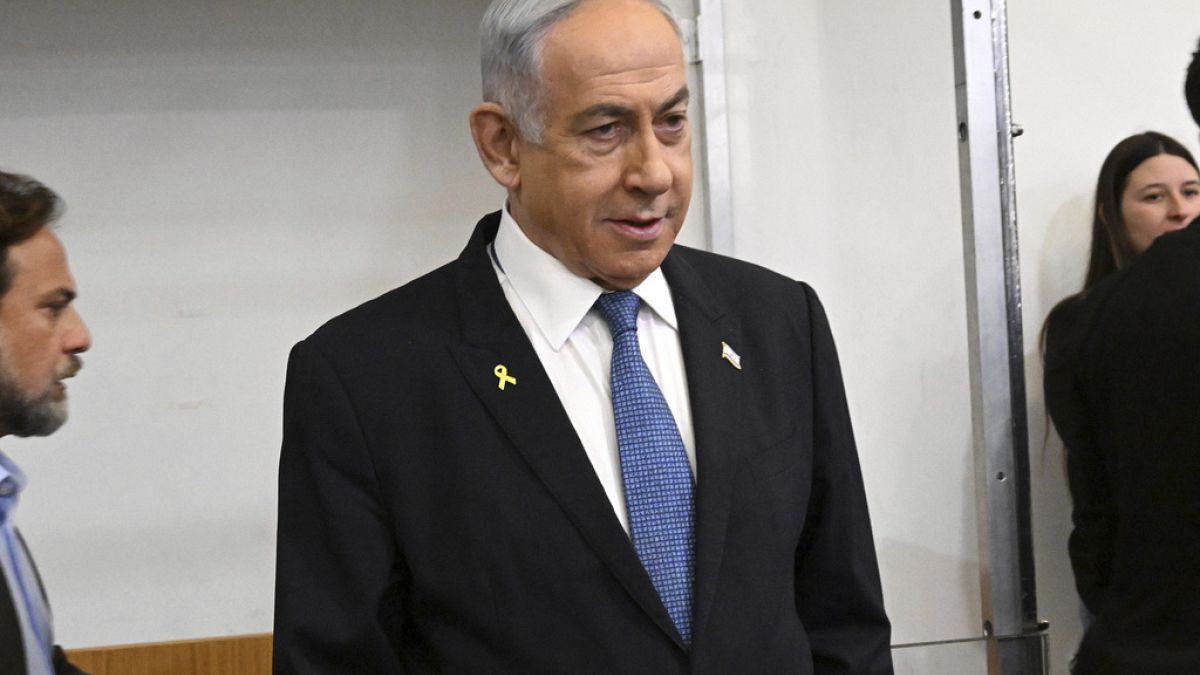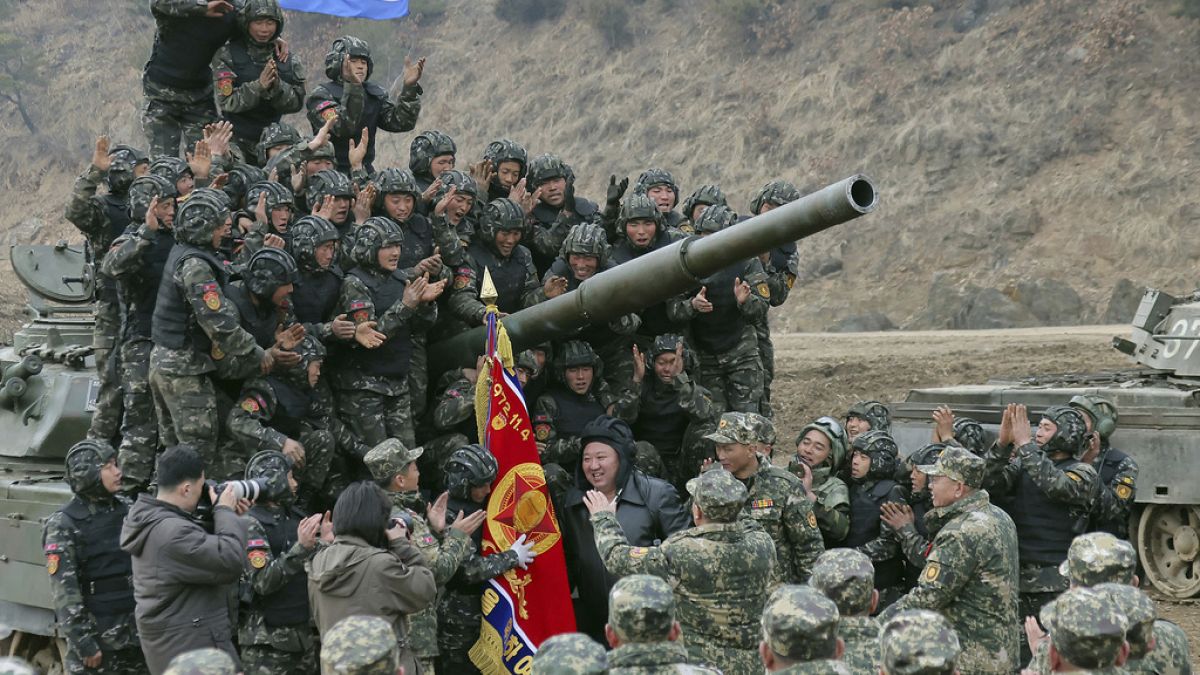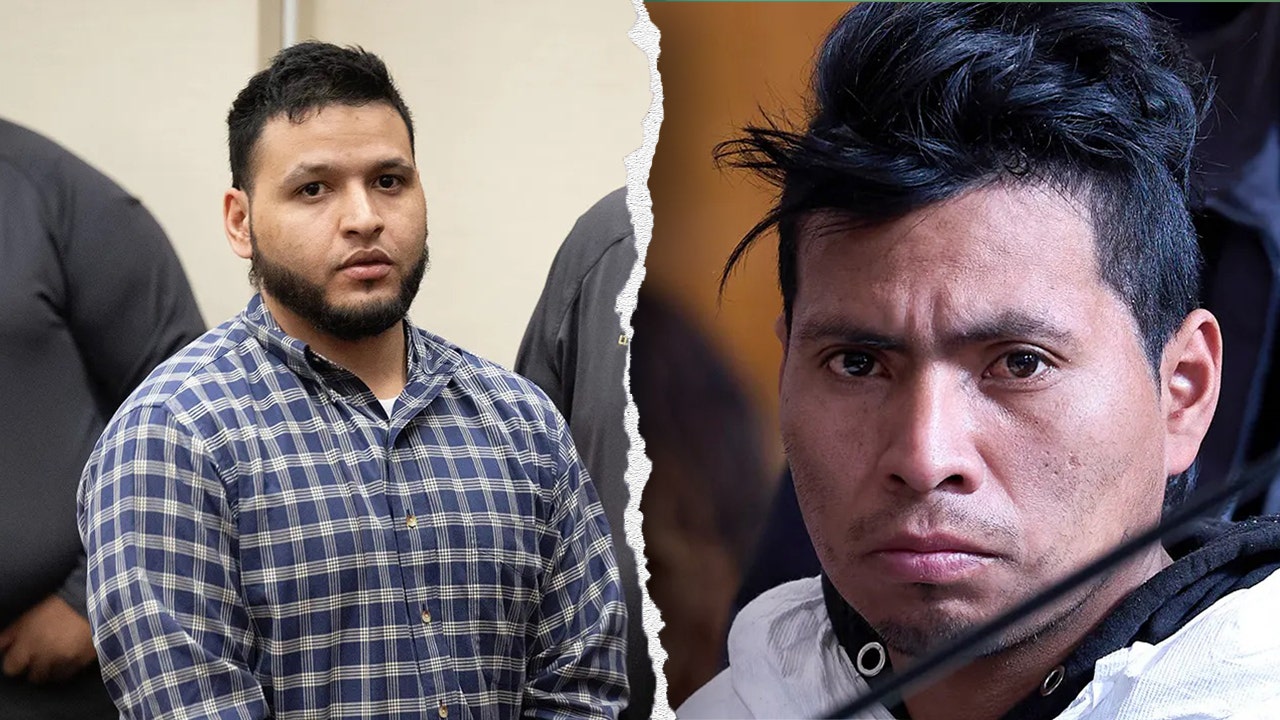France's reputation in its former African colonies has been tainted for a while. A recent speech by President Emmanuel Macron might deepen the divide.
In the video, the expression on the face of French President Emmanuel Macron is unsmiling, maybe even frustrated. "I think they forgot to say ‘thank you,'" Macron says. He adds, more directly: "I say this for all the African governments who've not had the courage in the face of public opinion to bear it that none of them would be in a sovereign country today if the French army had not been deployed in this region." Macron waves a wagging finger, his eyebrows raised.
 French ambassadors might have to clarify Macron's remarks to African governments Image: Aurelien Morissard/AP Photo/picture alliance
French ambassadors might have to clarify Macron's remarks to African governments Image: Aurelien Morissard/AP Photo/picture alliance This scene has been generating intense reactions since Monday. It is a passage from Macron's speech held at the annual meeting of French ambassadors, who left their posts around the world to gather at the Elysee Palace in Paris. Journalists were also invited — so Macron must have known that his words would reach a wider audience.
Nina Wilen, an analyst at Belgian Egmont Royal Institute for International Relations, told DW that the remarks were likely a strategic error.
"And we know that, during visits to Africa, he has also given comments that have not been appreciated by the African leaders, sometimes joking when it wasn't really appropriate to do so," Wilén said.
During his first presidential trip to Africa in 2017, Macron caused upset during a casual session with students in Burkina Faso, accompanied by then-President Roch Marc Kabore. He told them it was Kabore's job and not France's to fix the electricity system, since France was no longer a colonial power. When Kabore left shortly for a bathroom break, Macron shouted: "Look, he's leaving to fix the air condition!" — a joke which has since been criticized as arrogant.
 DRC President Tshisekedi has also felt patronized by his French counterpart, Macron Image: JACQUES WITT/POOL/AFP/Getty Images
DRC President Tshisekedi has also felt patronized by his French counterpart, Macron Image: JACQUES WITT/POOL/AFP/Getty ImagesA more serious incident unfolded during a press conference in Kinshasa, the capital of the Democratic Republic of Congo, with President Felix Tshisekedi in 2023. Tshisekedi was upset about remarks made with regard to overseeing African elections more rigidly than elections in the West. Macron tried to downplay the remarks, explaining that this was only the opinion of a single journalist, not the official position of France. Tshisekedi indignantly interrupted him, citing the source as Jean-Yves Le Drian, who was no journalist, but France's foreign minister at that time.
Macron's recent comments are in line with mistakes in the past, Wilen said.
"It's hard to know whether these are thought-through comments." Wilen said, "or whether it's something that he wants to get out there because he feels that it's the correct thing to do."
"But, for sure, there is quite a few French officials and military officers who are working hard to shed the image that France has in Africa as an arrogant former colonial power," Wilen said. "Comments like these made by Macron really undermine their efforts in doing this."
Where's Macron's gratitude?
Juste Codjo, an assistant professor of security studies at New Jersey City University, told DW that he sees no justification for Macron's utterances. Codjo, who previously served in Benin's military for 20 years, told DW that the French deployment in the Sahel region from 2013 onwards, for example, was not pro bono, but rather in the French national interest.
"It is also nonsense from a historical perspective," Codjo said. "Macron seems to forget that Africans were forced to fight on behalf of France during World War I, World War II, and during colonial wars in the Indo-Pacific region and elsewhere."
 Senegalese "tirailleurs" victoriously fought alongside France in two world wars Image: The Print Collector/Heritage-Images/picture alliance
Senegalese "tirailleurs" victoriously fought alongside France in two world wars Image: The Print Collector/Heritage-Images/picture alliance "Africa has immensely contributed to sustaining French power" in the fields of economy, military, diplomacy and culture, Codjo said.
"France would not have been where it is today without African contributions, contributions for which Africa never received any fair compensations from France," he said. "So maybe President Macron should just shut up and say: 'Thank you Africa for letting us stand on your back.'"
Macron's domestic pressure
France has lost 58 soldiers in the Sahel during the decadelong deployment. According to diplomats, Macron was disappointed over the mission failing to provide some stability to the region, said Lisa Louis, DW's correspondent in Paris.
"However, foreign policy is the only field that Macron can still claim for himself," Louis said. "After snap elections, his party is no more the biggest faction in parliament."
The new prime minister comes from another camp, leaving Macron with waning influence on the government's agenda.
"It's very unlikely that these remarks will increase the popularity of the weakened president," Louis said.
France's colonial legacy
Twenty African countries have gained their independence from France, 14 of them in the "African Year" 1960 alone.
But France maintained a stronger grip on those independent countries than most other colonial powers did on the territories that liberated themselves. Many countries still use one of the two variants of the Franc CFA as their currency. They are both pegged to the euro as the successor of the French franc.
In 1960, Guinea abolished the Franc CFA in favor of the new Guinea Franc, sparking retaliation: The French secret service flooded the country with counterfeit notes, aimed at destabilizing the new currency.
France has also meddled in the security architecture of some of its former colonies: The French military used to operate from various bases in all over Africa.
But France's influence has been waning: After a wave of coups d'etat, the Sahel states of Mali, Burkina Faso and Niger have ended their long-standing cooperations with France and begun working with Russia as a new protective power.
Though Russian forces may be less of a long-term strategy against insurgents, they are valued as a temporary stabilizing measure.
Au revoir, France
Gabon and Djibouti are set to be the last remaining bases for France's military: In late 2024, Senegal and Chad announced that they would end their own cooperation with the former colonial power. A first base in Chad has already been closed.
The president of the Ivory Coast, Alassane Ouattara, made a similar announcement in his New Year address.
"France is not retreating," Macron told his ambassadors. "We are simply reorganizing."
"As we are very polite," Macron said, "we let them make the announcement first."
President Mahamat Idriss Deby Itno said France's withdrawal was a sovereign decision made by Chad.
"I'd like to express my outrage regarding recent remarks by President Macron, which border on contempt for Africa and Africans," Deby said. "I think he is in the wrong era."
 France has begun to return its bases to Chad Image: Aurelie Bazzara-Kibangula/AFP/Getty Images
France has begun to return its bases to Chad Image: Aurelie Bazzara-Kibangula/AFP/Getty ImagesCodjo, the professor from New Jersey, also does not believe that Senegal and Chad consulted with France prior to their decisions.
"In contrast, it is most likely that Cote d'Ivoire was pushed by Macron," Codjo said. "Retreating from Côte d'Ivoire and pushing President Ouattara to accept French withdrawal was probably a strategic move as it became inevitable and clear to Macron that French presence was no longer welcome in Senegal and Chad."
Ivory Coast still hosts about 600 French soldiers. The base will now be returned to the nationalist military. In his New Year address, Ouattara told his fellow Ivorians to be proud of their army, "whose modernization is now effective".
Phil Gayle contributed to this article.

 By Deutsche Welle (Europe) | Created at 2025-01-11 16:43:59 | Updated at 2025-01-11 20:06:44
3 hours ago
By Deutsche Welle (Europe) | Created at 2025-01-11 16:43:59 | Updated at 2025-01-11 20:06:44
3 hours ago








